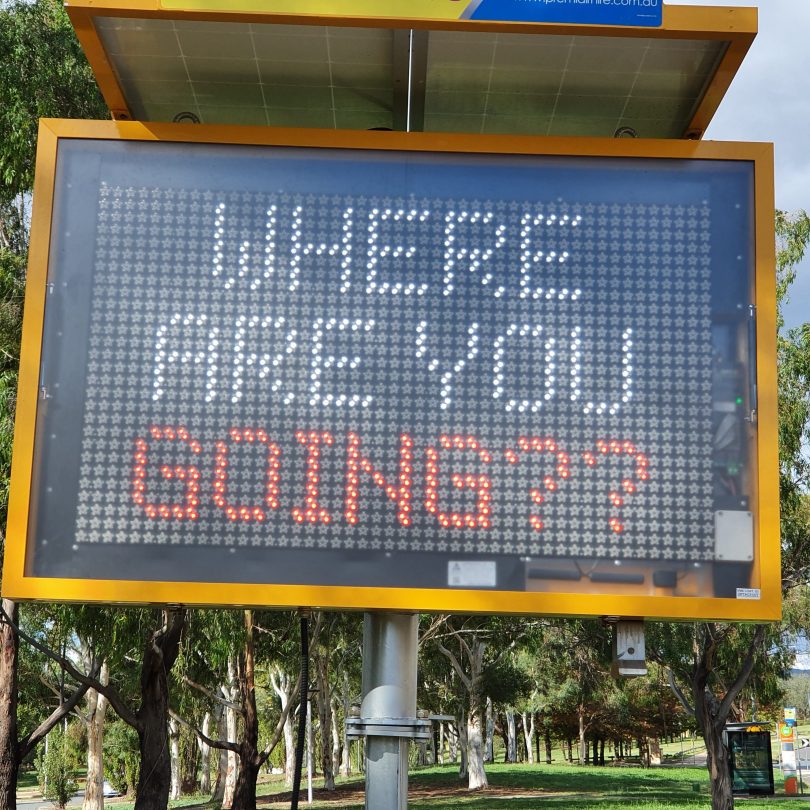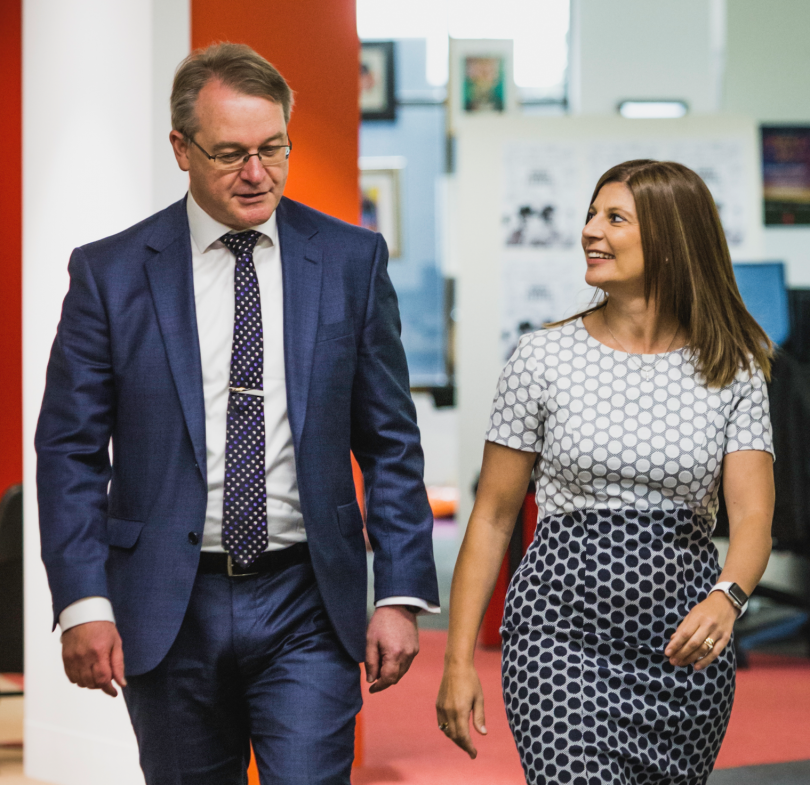
Business will need to focus more on moving forward into a very different world post-COVID-19. Photo: Region Media.
There is little doubt that 2020 will be marked as an important year in world history. In Australia, and the rest of the world, it has been a year of uncertainty, anxiety and frustration, but also a year when trust, particularly in our workplaces, has never been more important.
As Australians, we know only too well how to respond to natural disasters such as bushfires and floods, but the COVID-19 pandemic is markedly different to other types of crisis. The health, economic and social disruption of COVID-19 is outside our shared experience.
“There is not going to be a post-crisis moment when we can all get back to normal,” says Synergy Group partner David Schmidtchen. “The economy is being changed, people’s lives are being altered and our behaviour will need to change to live in this new set of circumstances.
Fellow Synergy Group partner Sally Dorsett agrees.
“The pandemic is teaching us all how to cope with true uncertainty,” she says. “Globally, nationally and personally the structured patterns of all our lives have been shattered. But COVID-19 has also highlighted the importance of trust.
“We have had to learn to trust; we have had to trust governments and institutions, and we have also had to trust our workplaces, our work systems and each other.
“All of a sudden there was a need to change our mindset and businesses adapted quickly to the challenges of remote working. That has been hard for some managers and employees where work has always been done at work. Unfortunately, there is now a push, driven by fear, to quickly snap back to old work habits.
“We hear people talking about recovery, which almost infers we will need to go back to what we had or the way we were. Maybe we need to focus more on moving forward into a very different world.”
David says the best outcome from the COVID-19 pandemic is for managers to move out of a monitoring mindset, and on the other side of the equation, for employees to accept the challenge and responsibility of outcome-based work.
“A workplace where we all travel to one place to be supervised while we work during set hours is really borne out of work habits that were formed centuries ago,” he says. “Much of the work we do now, combined with the technology available, means there is no real need to stick to these rigid structures. COVID-19 has really highlighted this.
“There is going to be a cohort of employees who will not want to go back to how things were, and smart businesses and managers will use this to their advantage. Happy employees are more productive employees.”

David Schmidtchen and Sally Dorsett lead Synergy’s creativeXpeople practice. Photo: Supplied.
Sally says the biggest challenges to new working arrangements will be for management.
“Good mangers will already be tuned into their individual employees’ lives,” she says. “What their home life looks like, what their strengths and weaknesses are, and how they will likely handle outcome-based work rather than hours-based work.
“The changes driven by COVID-19 will reveal some gaps in management skills. A poorer manager will want to manage via control of a group to a set of uniform rules without making adjustments for each individual.
“Obviously there are always going to be people who need to come into the physical workplace either to escape a less than ideal home life, or to be mentored or supervised. But for others, the flexibility to fit in school drop-offs or work in their own space will be empowering.
“Let’s face it, if the old workplace model was so good, how come so many people suffered from high stress, burnout and low job satisfaction?”
David says trust comes through relationships and good communication.
“Managers will need to know their employees better and businesses will need to invest in training their managers to be able to lead in this new environment,” he says. “We are not going back to the old days of control and compliance.
“We can actually achieve a more confident and cohesive workplace if we can all work on a more individual level, and create a culture where we all enjoy our work.”
The Year That Everything Changed is an evergreen webinar produced by Synergy Group. The content is designed to be continuously accessible and relevant, and is available on Tuesdays and Thursdays at 12 pm, 4 pm and 8 pm. Register for it here.
Original Article published by Karyn Starmer on The RiotACT.


What's Your Opinion?